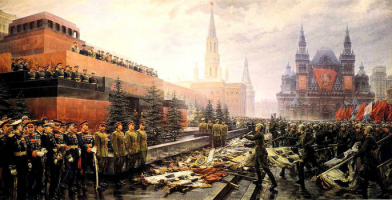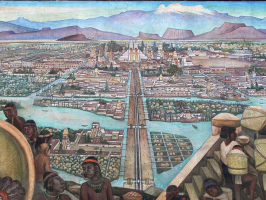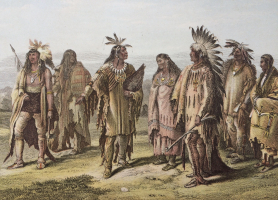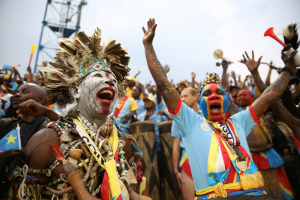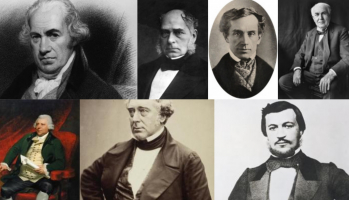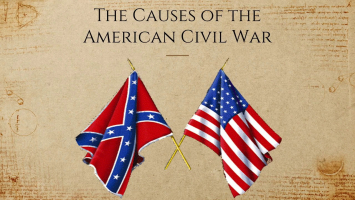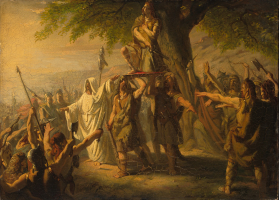Top 7 Infamous Mobsters of the Real Boardwalk Empire
The core plot of Boardwalk Empire concerns a 1920s gang known as The Combined or Big Seven Group. It included all of the major players on the east coast and ... read more...was multicultural, as crime is. It included all of the major players on the east coast and was multicultural, as crime is. During Prohibition, seven separate gangs—Sicilian, Italian, Jewish, and Irish—joined forces to transport alcohol to the public. Additionally, they were a different group, so maybe a little smack or something in the sack. How did the characters from the Boardwalk Empire fare when Prohibition ended in 1933? Here are the infamous mobsters of the real Boardwalk Empire.
-
Meyer Lansky, also known as the "Mob's Accountant", was an American organized crime figure who, along with his associate Charles "Lucky" Luciano, played a key role in the formation of the National Crime Syndicate in the United States. His family came to the United States in 1911 as a result of pogroms, and he was born to Jewish parents (anti-Jewish mobs). They made their home on the Lower East Side of New York City, and by 1918 Lansky was heading a juvenile gang with Bugsy Siegel, a Jewish kid who would later rise to prominence in the mafia. The Bugs-Meyer Gang began their criminal enterprise with thievery before moving on to gambling and booze production.
He began gambling in New Orleans, Florida, and Cuba in 1936, and eventually provided funding for Siegel to build the Flamingo in Las Vegas. The Bahamas became the location of Lansky's Cuban business when Castro took over in 1959. He had a $300 million empire of enterprises, both legitimate and illicit. He eluded a grand jury and tax evasion allegations in 1970 by emigrating to Israel, but Israel evicted him. He was found guilty of grand jury contempt back home, but the decision was reversed on appeal. Other charges against him were dropped in part due to his poor health. He was fictionalized as Hyman Roth (Lee Strasberg) in The Godfather Part II (1974). In 1983, he passed away in Miami Beach from lung cancer.
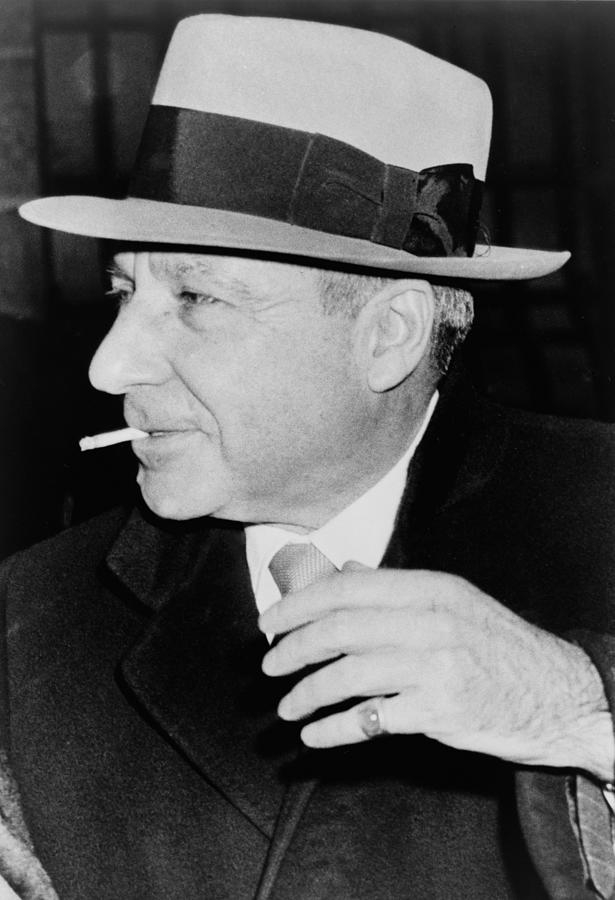
Fine Art America 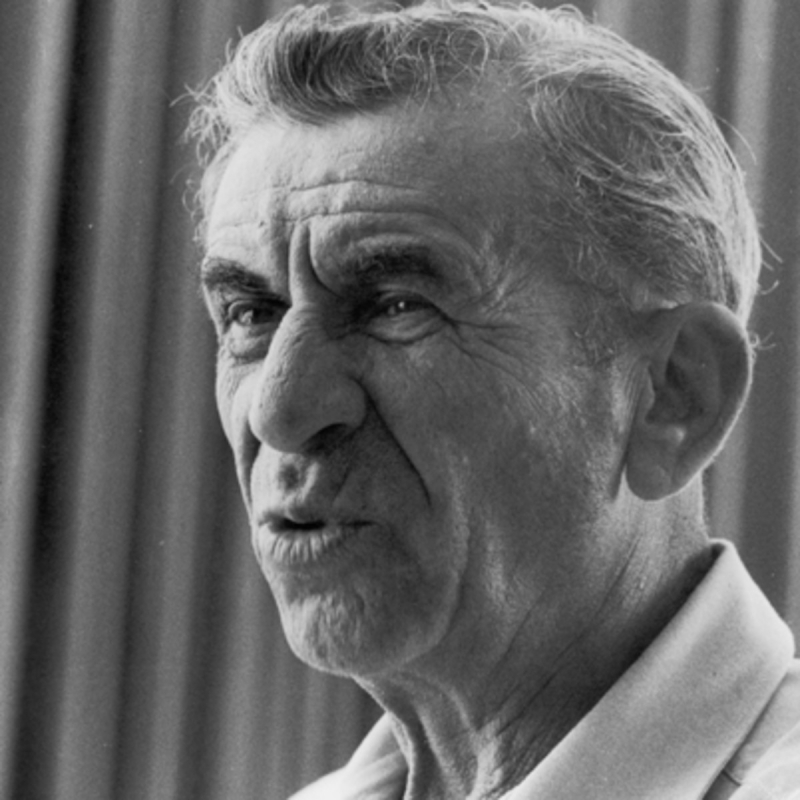
BIO -
Enoch Lewis "Nucky" Johnson was the head of the political machine that ruled Atlantic City and the county government from the 1910s until his conviction and imprisonment in 1941. He was also a businessman, a crime boss, and the sheriff of Atlantic County, New Jersey. During the Roaring Twenties, when Atlantic City was at the height of its fame as a haven from Prohibition, he was in power. His organization's criminal wing engaged in prostitution and gambling in addition to bootlegging.
Boardwalk Empire created a fictitious version of Atlantic City's Prohibition era. Steve Buscemi played Nucky Thompson in the Martin Scorsese and Mark Wahlberg-produced five-season drama series. Terence Winter, the show's creator, decided to depict a fictitious version of Johnson in order to allow the writers some leeway with the facts and to keep things exciting. One notable distinction between the actual Johnson and the fictitious Thompson is that the former is not known to have personally murdered anybody, unlike the latter, and neither is there any proof that Johnson has ever given a death order.
Additionally, Thompson is represented as operating his distillery for bootlegging and actively competing with actual criminals for distribution on the East Coast, although Johnson really received a share of all illicit alcohol sold in Atlantic City but was never known to engage in competition or turf warfare. He is said to have "ruled his kingdom with a velvet hammer". After his wife passed away in 1912, Johnson did not remarry until 1941; in the play, Thompson married again in 1921. While Johnson was a Methodist and the son of two of the oldest families in Atlantic County, Thompson is an Irish Catholic.
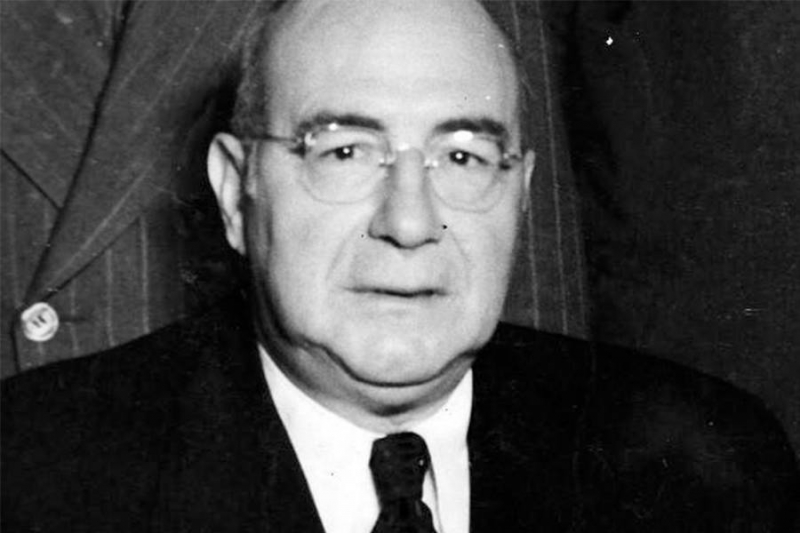
All That's Interesting 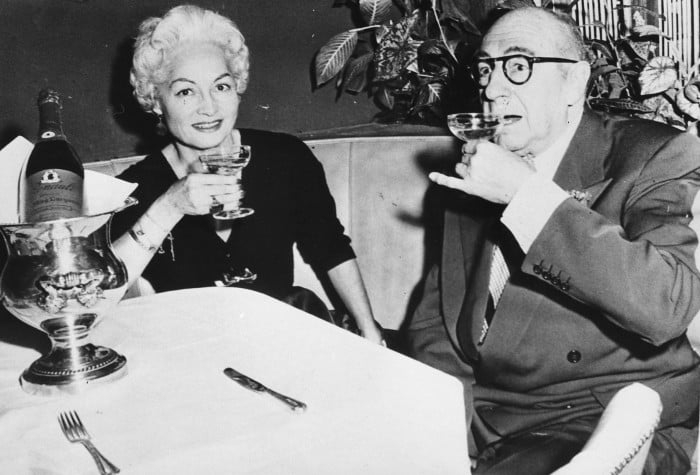
The Press of Atlantic City -
Most people recognize Lucky Luciano as the originator of organized crime. He established The Commission that supervised crime in America as well as the Five Families in New York. Instead of assuming the title himself after ousting the boss of bosses, he founded a business on the advise of Johnny Torrio. Another name for Luciano is the gangster who helped the Americans conquer Italy during World War II while guarding the ports of New York. Salvatore Lucania, better known as Charlie Lucky, was born in 1897 in Lercara Friddi, Sicily.
When he was ten years old, he moved to New York. After struggling in school, he opted to learn the streets after winning close to $250 in a dice game. For 10 cents, Luciano established a gang to defend Jewish and Irish children against Italian gangs. He shielded Meyer Lansky and Benny Siegel, two Jewish children. Those three would make up the "Big Six" of bootlegging during Prohibition, along with Louis "Lepke" Buchalter, Jacob "Gurrah" Shapiro, and Long Zwillman. Arnold Rothstein, aka The Big Bankroll, provided the funding for them. After a brief stay in Cuba, Luciano returned to Italy and continued to oversee the mob's drug trafficking into the United States. He died of a heart attack in the Naples airport on January 26, 1962.
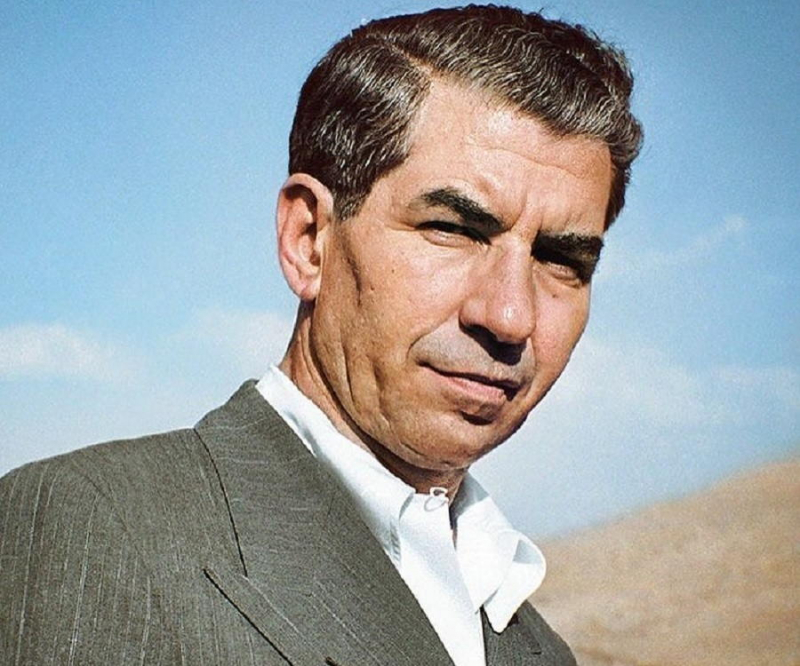
Famous People 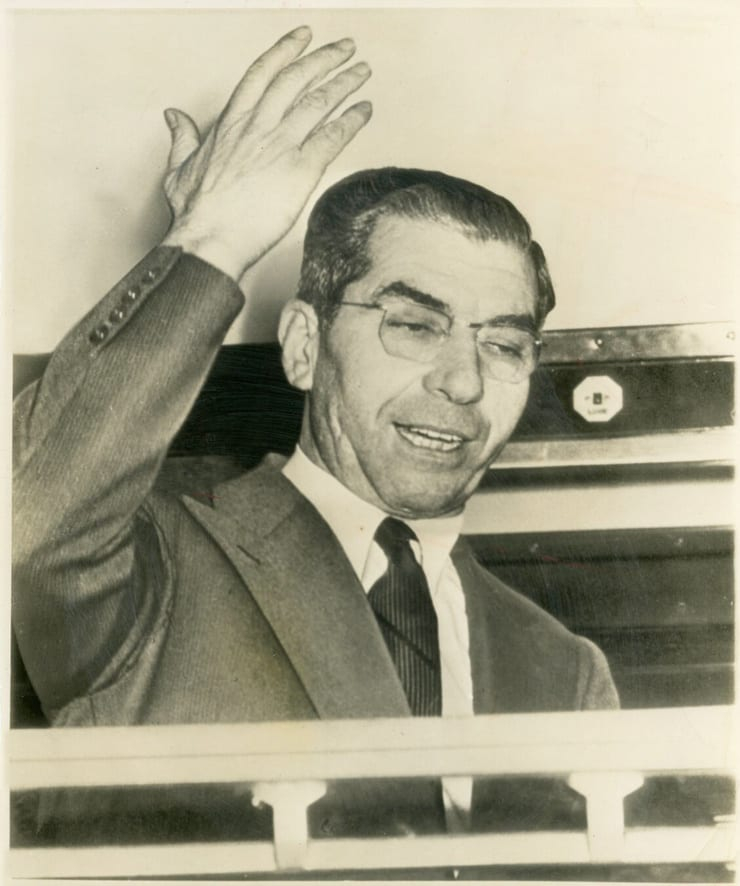
listal.com -
The Chicago Outfit was founded in the 1920s by American mobster John Donato Torrio, an Italian-born citizen who later passed it on to Al Capone. In the 1930s, Torrio proposed a National Crime Syndicate and later served as Lucky Luciano and the Luciano crime family's advisor. In particular, Torrio was known as "The Fox" for his slyness and dexterity. Elmer Irey, a US Treasury officer, thought highly of him "He was the brightest and, I dare say, the greatest of all the hoodlums", the author said of the largest criminal in America. "Best" refers to ability rather than morality ". His "talents as an organizational genius were generally regarded by the main gang bosses in the New York City region", according to Virgil W. Peterson of the Chicago Crime Commission. According to crime writer Herbert Asbury, Johnny Torrio "is unrivalled in the annals of American crime as an organizer and administrator of underground operations; he was perhaps the closest thing to a true mastermind that this nation has yet produced".
Torrio survived and completed a lengthy jail sentence. (While purchasing an illegal brewery from O'Bannion in May 1924, he had been set up.) He left Chicago to Al Capone while he was incarcerated and declared he would retire to Italy. After three years of retirement, he went back to work with Meyer Lansky and Lucky Luciano in New York and eventually rose to the position of mafia elder statesman. In 1939, he was found guilty of tax evasion and sentenced to two years in prison. He ultimately transitioned from organized crime to real estate. He had a heart attack on April 16, 1957, while seated in a barber's chair, and later that day he passed away. Few people showed up for his funeral. He had faded into obscurity to the point that it took three weeks for his passing to be announced in the press, and only after his will had been probated.
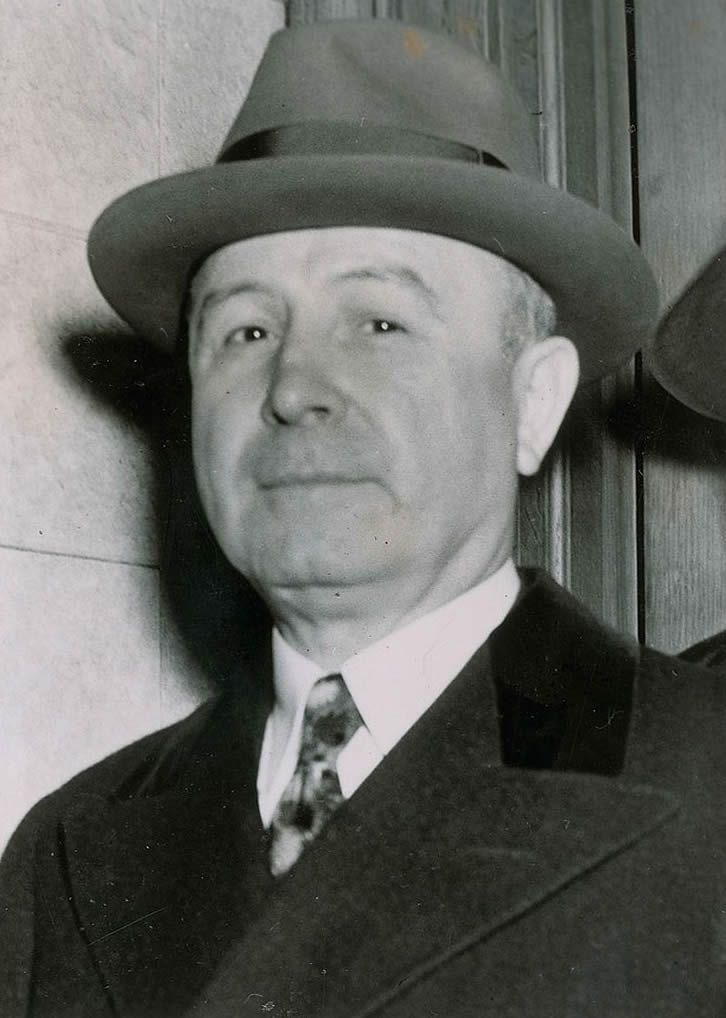
Pinterest 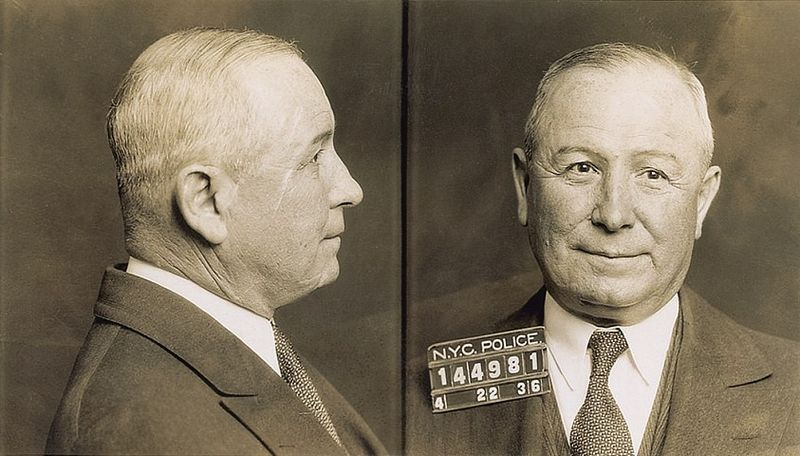
blogspot.com -
American mobster Benjamin "Bugsy" Siegel had a key role in the creation of the Las Vegas Strip. Along with his boyhood buddy and fellow mobster Meyer Lansky, Siegel had tremendous influence not just inside the Jewish Mob but also among the Italian-American Mafia and the mostly Italian-Jewish National Crime Syndicate. He rose to prominence as one of the first front-page celebrity gangsters, being praised for his good looks and personality. During Prohibition, Siegel, one of the founding members and top executives of Murder, Inc., started bootlegging. He started gambling in 1933, the year the Twenty-first Amendment was approved eliminating Prohibition.
He departed New York in 1936 and relocated to California. Since he was known for his skill with firearms and brutality, his role as a gangster at this time was primarily that of a hitman and muscle. Harry Greenberg, a buddy and fellow gangster, had turned informant, and Siegel was charged with his murder in 1941. In 1942, he was found not guilty. He developed into a guy with a dream, and that desire was to construct a casino and hotel in Nevada's expanding Las Vegas. The Flamingo, the first significant casino/hotel in Las Vegas, was under construction from 1945 until its opening in March 1947. However, Siegel and his partner Virginia Hill had stolen millions of dollars from the mob to fund the building project. On June 20, 1947, a barrage of bullets fired through Siegel's living room window led to his death. Who gave the killing order for him is not known for sure. However, three Lansky goons entered the Flamingo as Siegel was dying and said that the east coast mafia had taken over.
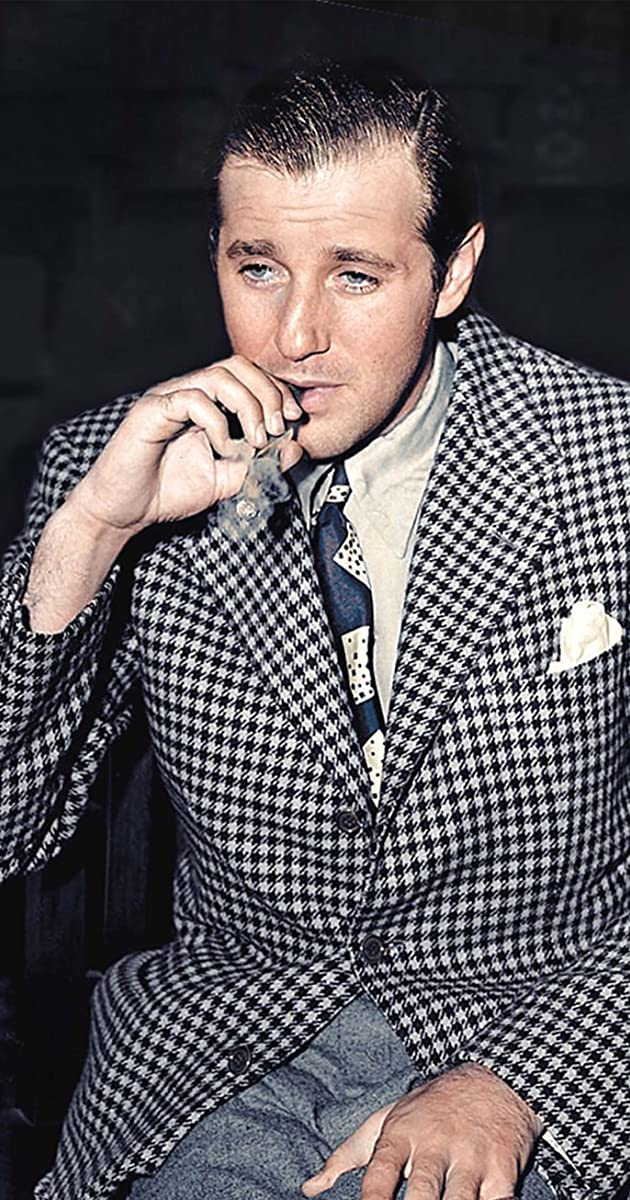
IMDb 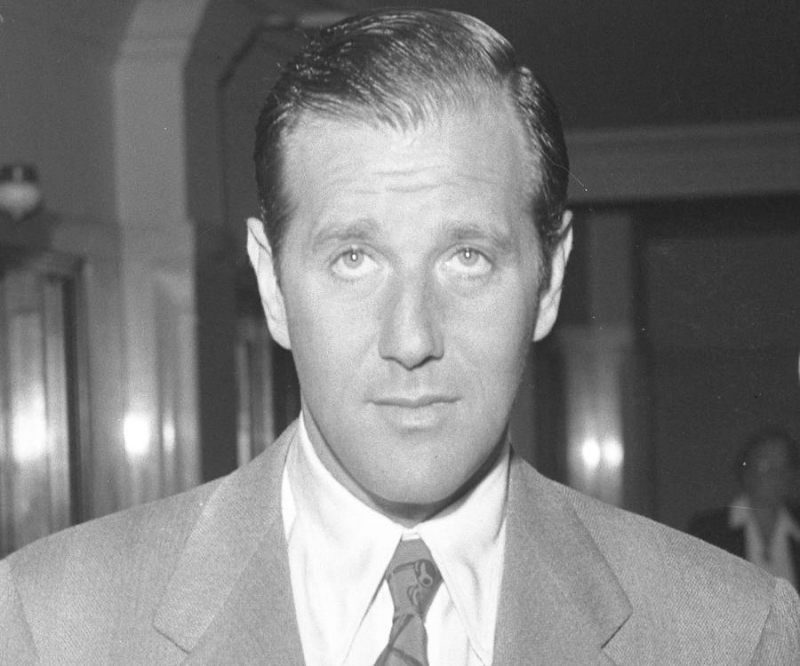
Famous People -
The Chicago Outfit's co-founder and leader, Alphonse Gabriel Capone, often known as "Scarface", was an American mobster and businessman who rose to fame during the Prohibition era. At age 33, he was sentenced to prison, bringing an end to his seven-year reign as a crime lord. Capone's parents were Italian immigrants who settled in New York City in 1899. As a youngster, he joined the Five Points Gang and started working as a bouncer in places frequented by organized crime, such brothels. In his early 20s, he relocated to Chicago and worked as Johnny Torrio's bodyguard and trusted factotum. Torrio was the leader of a criminal organization that supplied alcohol illegally and was politically shielded by the Unione Siciliana.
Capone's rise and demise were significantly influenced by his fight with the North Side Gang. After being nearly slain by North Side gunmen, Torrio retired and gave Capone authority. Through more violent tactics, Capone grew the bootlegging operation, but he appeared to be safe from the law thanks to his mutually beneficial ties with the city's police and mayor, William Hale Thompson. In an effort to put Capone in jail, the federal government filed 22 charges of tax evasion against him. In 1931, he was found guilty on five charges. The judge accepted Capone's admissions of his income and unpaid taxes, made during prior (and ultimately unsuccessful) negotiations to pay the government taxes he owed, as evidence in a highly publicized case.
He was found guilty and given an 11-year federal prison term. His grounds for appeal were bolstered by a Supreme Court decision after his conviction, and he changed his defense team with tax law specialists after being found guilty, but his appeal eventually fell short. Early in his imprisonment, Capone began to exhibit symptoms of neurosyphilis, and before being freed from prison after almost eight years, he grew more and more disabled. He had a stroke on January 25, 1947, and then passed away from cardiac arrest.
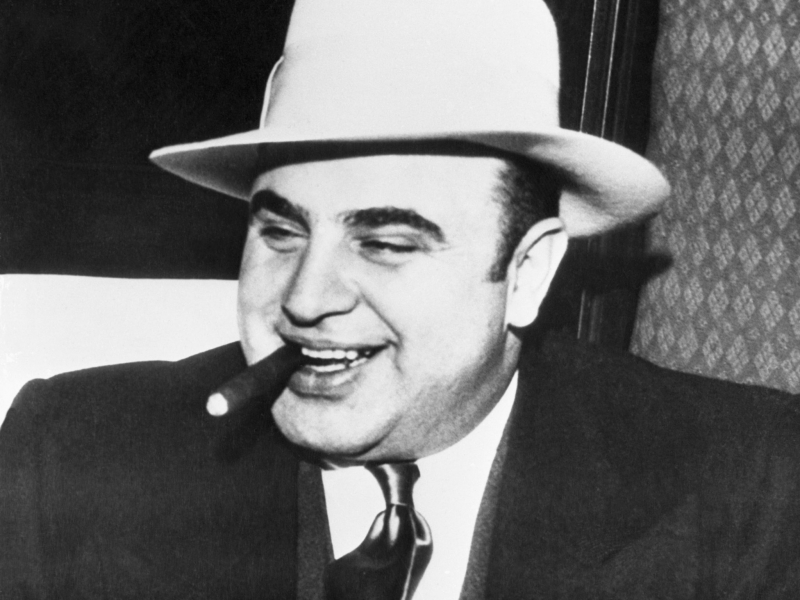
factinate.com 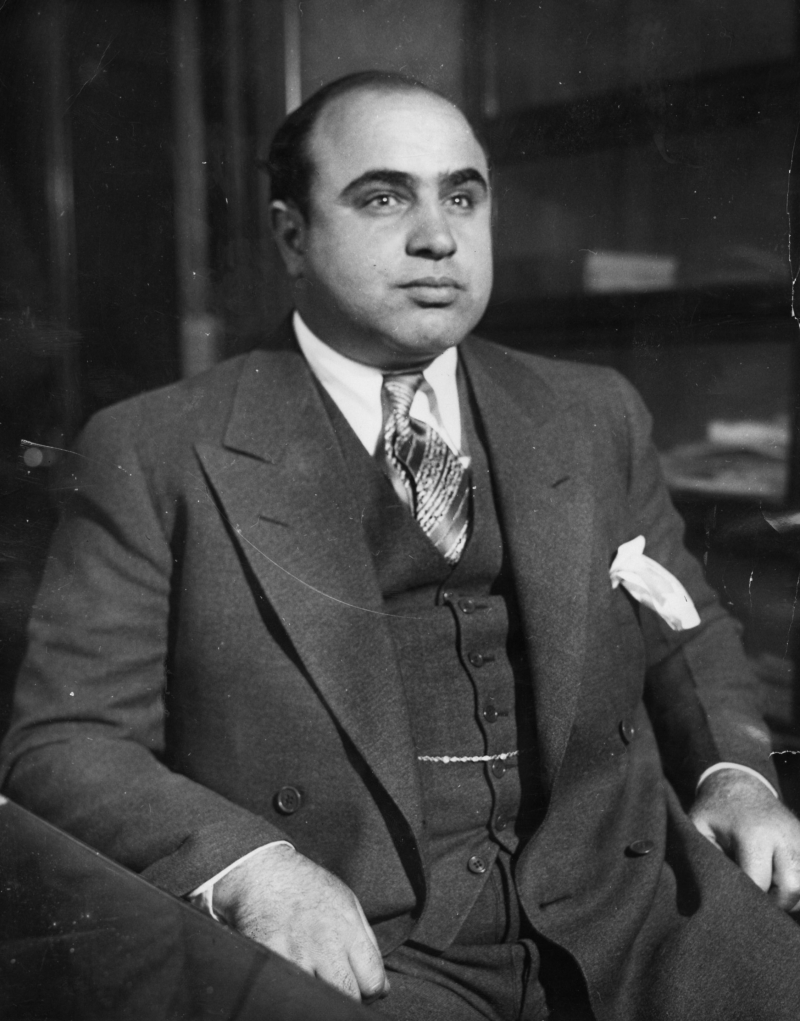
Wikimedia -
American racketeer, criminal lord, businessman, and gambler Arnold Rothstein was known by the moniker "The Brain" in New York City. According to rumors, Rothstein orchestrated professional sports corruption, including plans to manipulate the 1919 World Series. He also served as a tutor to several other future crime lords, including Lucky Luciano, Meyer Lansky, and Frank Costello. Known for being the first to recognize Prohibition as a business opportunity and a path to enormous wealth, Rothstein "transformed organized crime from a thuggish activity by hoodlums into a big business, run like a corporation, with himself at the top" and "understood the truths of early century capitalism (giving people what they want) and came to dominate them".
His fame served as the basis for various fictitious characters, like Meyer Wolfsheim in The Great Gatsby, who were depicted in contemporaneous and subsequent short stories, books, musicals, and films. In 1928, Rothstein was assassinated for refusing to pay back a sizable debt from a rigged poker game. His unlawful business was dismantled, divided up among several other criminal groups, and played a role in Tammany Hall's demise as well as the ascent of reformer Fiorello La Guardia. His brother declared Rothstein's estate bankrupt ten years after his passing. George McManus, the game's organizer, invited Rothstein to his hotel room on November 4. With a gunshot in his stomach, Rothstein departed the hotel; he passed away two days later. Rothstein allegedly staked $500,000 on Herbert Hoover winning the election, and had he lived, he could have repaid the debt. McManus was found not guilty of killing Rothstein.
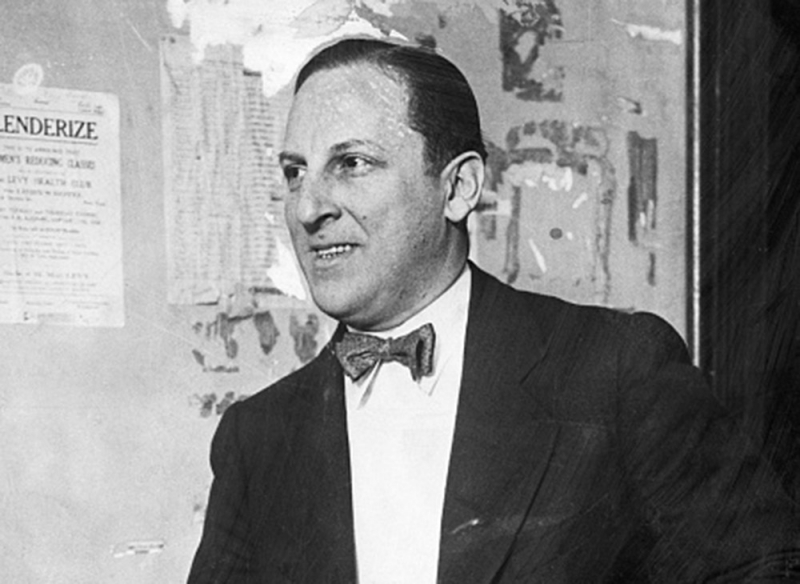
Mob Museum 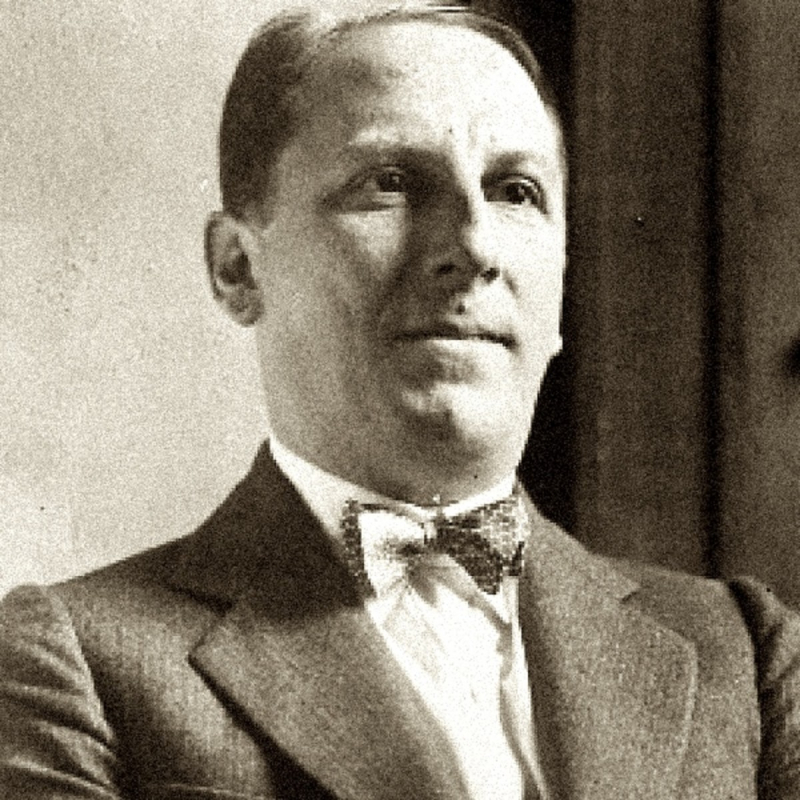
BIO










